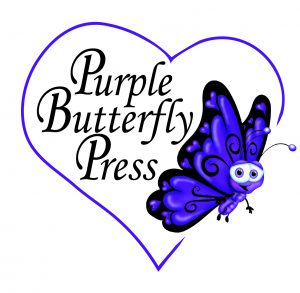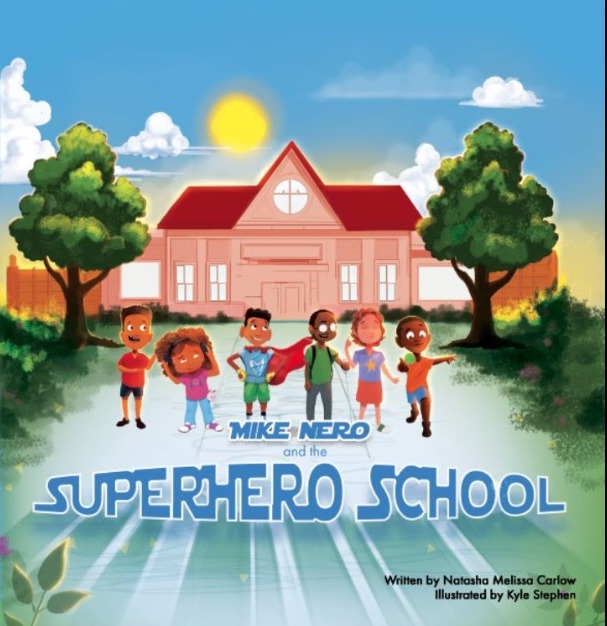6 Ways Reading Books with Kids Helps Them Grow
.png)
Reading is a gateway to a world of imagination, knowledge, and emotional development, and it's a journey that's best begun in childhood. When parents, guardians, or caregivers share the joy of reading books with kids, they're setting the stage for a lifelong love of learning and storytelling. But it's not just about the stories themselves—there's a wealth of benefits that come from these shared reading experiences. Let's explore six remarkable ways reading books with kids helps them grow.
Language Development: From infancy, babies absorb language like sponges. Reading aloud exposes them to new words, sentence structures, and concepts. As they grow, they develop a richer vocabulary and better language skills, laying a strong foundation for effective communication. Princess Monroe is available in English and Spanish which are both a wonderful addition to your library to help your children’s linguistic skills.
Cognitive Skills: Stories stimulate cognitive development by encouraging kids to think, predict, and analyze. They learn about cause and effect, problem-solving, and critical thinking as they follow characters through challenges and triumphs. Mike Nero and Kindness Machine emphasize diversity and wonderful skills to have in the home and classroom, Be sure to buy a copy today!
Imagination and Creativity: Books transport kids to magical worlds, historical eras, and fantastical places. Through vivid descriptions and engaging narratives, children's imaginations are ignited, inspiring them to dream, create, and explore new ideas. Famous Seaweed Soup brings the spirit of imagination and independence to fruition in a wonderful summer family book, perfect for your library!
Emotional Intelligence: Characters in stories often face emotions and dilemmas similar to those experienced by children. Reading about these situations helps kids identify and understand their own feelings, as well as develop empathy and compassion for others. Ralphy’s Rules for Living the Good Life teaches life skills through the illustrations of two unlikely friends a dog and a cranky squirrel.
Bonding and Social Interaction: Shared reading experiences promote bonding between children and caregivers. It's a time for closeness, engagement, and a safe space for discussions. Talking about characters' actions and choices can also teach kids valuable life lessons. Emma’s Sunflower and You Can Call Me Katelyn demonstrate personal understanding and lessons of nature and life events, Be sure to grab a copy of each!
Attention Span and Focus: In our fast-paced digital world, reading encourages kids to sit still, focus, and engage with a story over a period of time. As they become engrossed in a book, their attention span and ability to concentrate naturally improve. Hi, It’s Me! I have ADHD! Is the best book for those who have a child who lives with or personally lives with ADHD, This book not only helps you understand ADHD but also resonates with children's feelings when they have ADHD reminding them, that they are not alone.
The act of reading books with kids is more than just an enjoyable pastime; it's an investment in their growth and development. The benefits of these shared experiences are immeasurable, from language development and cognitive skills to fostering creativity and emotional intelligence. As caregivers, we have the incredible opportunity to shape young minds and nurture their curiosity through the magic of storytelling. So, let's open the door to the world of books and watch our children flourish.

.png)

